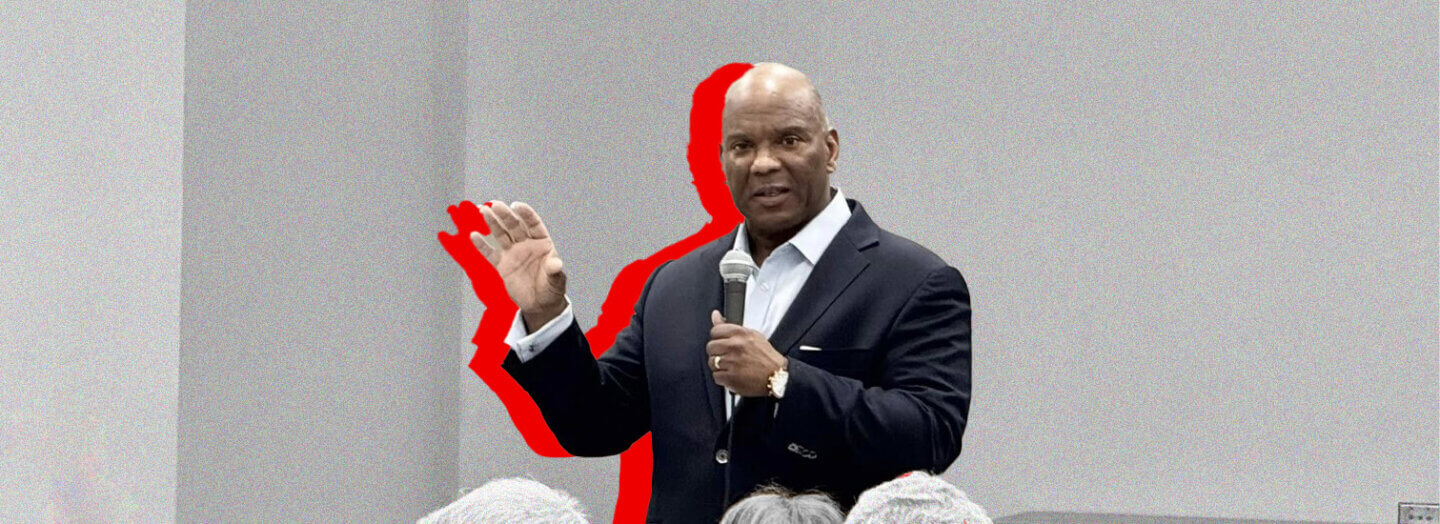Minnesota Educators Emphasize How Preschool Is Invaluable.
BY:
 The importance of early childhood education has been at the forefront of legislative discussion in Minnesota because experts say our budget surplus gives lawmakers a “profound opportunity” for a “transformative change” that would help prepare children academically and socially for kindergarten.
The importance of early childhood education has been at the forefront of legislative discussion in Minnesota because experts say our budget surplus gives lawmakers a “profound opportunity” for a “transformative change” that would help prepare children academically and socially for kindergarten.
When Governor Mark Dayton visited a half-day preschool class at an elementary school in Apple Valley last week, those transformative changes were abundantly clear. The governor spoke with teachers, who said they had students who didn’t speak to them or other students at the beginning of the year, who now have opened up and become leaders in the classroom.
The Rosemount-Apple Valley-Eagan district, where Gov. Dayton visited, is led by superintendent Jane Berenz. When she spoke to the governor, her district’s needs were clearly laid out: despite the fact that the district struggles with spacing to house their preschoolers, Berenz would rather have to scrounge for space than give up the program. She said specifically:
“We’ve made due and figured it out,” Berenz said of finding space to expand preschool and Dayton’s other initiative, full-day kindergarten. “I would rather have programming for kids and get the space as we can than not have programming for kids.”
Berenz stressed that education base funding and money to expand preschool should be at the top of legislators’ education to-do lists.
Early childhood education is so critical because it can stimulate children’s language and cognitive growth while nurturing social and emotional development and building character. Research has shown that early education is one of the most economically promising policy solutions that is possible to pursue.
Given that the Governor’s priority for the legislative session was to fund universal preschool, part of his visit to the school was to ask educators how they feel about a universal implementation. Berenz emphasized, again, that having the program is better than not having it, especially for low-income students.
Members of the House GOP claim that a mix of funding rather than a voluntary, free pre-k option for all Minnesota families would be favorable to educators. However, Berenz was clear that educators see the value in early childhood education to such an extent that they’re willing and ready to offer this option to all families as long as funding is available.
Preschool is becoming increasingly popular and desired because parents understand the chance their children are given when they’re exposed to hundreds of vocabulary words and socialization before they start kindergarten. This heightened interest, paired with inadequate funding for preschool, has led to overpopulation in classrooms. One elementary school in Berenz’s district was described as “bursting at the seams,” so much so that neighborhood preschool students have to get bused to a nearby school.
The governor’s focus remains laser-like when it comes to keeping the conversation on our youngest learners:
With a $2 billion surplus, we are not going to settle for pittance. We are going to insist that children be number one.
Recent conversations with education leaders and the DFL Senate echo that sentiment. Educators and families agree with Gov. Dayton and the Senate on education.
JOIN US.
contribute to the conversation


